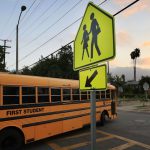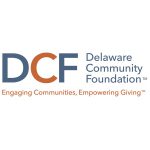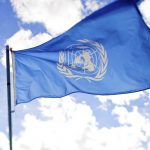School administrators fear that students without reliable internet access – especially those with IEPs – will experience an extreme version of the “summer slide,” losing some of their skills due to lack of practice and repetition. Educators have tried providing devices such as iPhones and mobile wireless hotspots – and even paper-and-pencil versions of classwork.
Investigators with the nonpartisan Government Accountability Office (GAO) found that the U.S. Education Department’s data on restraint and seclusion in the 2015–2016 school year was marred by quality control processes that are “largely ineffective or do not exist.” The GAO concluded that the data is so flawed it is impossible to tell if restraint and seclusion are being used in excessive or discriminatory fashion.
The Special Olympics Delaware (SODE) Summer Games have been canceled, leaving Delaware athletes with disabilities without a chance to participate in the event that would have marked SODE’s 50-year anniversary. While many athletes and supporters express sadness that a central feature of their athletic and social life must be canceled, they are finding ways to keep connected such as virtual fitness programs. A SODE director says the organization has a solid financial reserve and plans on holding 50-year celebrations during its Fall Sports Festival.
In its third round of grants, the Delaware Community Foundation awarded almost $300,000 from its Strategic Response Fund to nonprofits including the Community Legal Aid Society, which houses the Disabilities Law Program, and several organizations that support the homeless population. To date the fund has awarded $1 million to 36 nonprofits.
The United Nations issued a report warning that the coronavirus is putting many of the world’s children “in jeopardy,” citing factors such as lost household income, missed schooltime and rising family stress levels during lockdowns. Among the most at-risk are children with disabilities, children living in slums or refugee camps and children in detention centers. The report urged governments and private donors to prioritize education when allocating funds.





